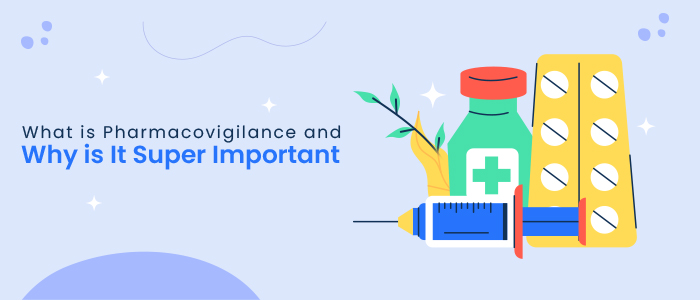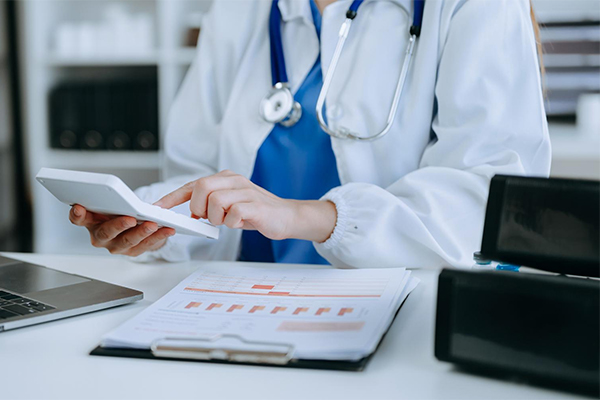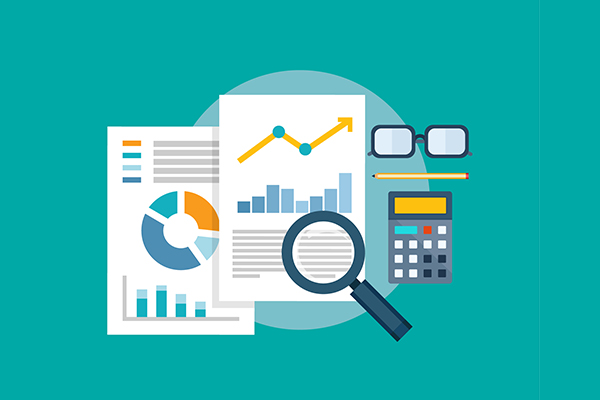What is Pharmacovigilance and Why is It Super Important
February 29, 2024 | Pharmacovigilance | No Comments

Medicines and vaccines are remarkable tools for improving health and saving lives. Yet, even with rigorous testing, they’re not without potential risks. That’s why we need pharmacovigilance.
Hold up, what’s with this “pharmacovigilance” jargon? Think of it as the science of keeping tabs on meds and vaccines, making sure they’re doing their job without any nasty surprises.
Why Not Stop With Just Clinical Testing
While clinical trials play a vital role in assessing safety and efficacy, they have limitations. They involve a relatively small group of participants and a restricted time frame. This means that rare or longer-term side effects might not be identified until the medicine or vaccine is used by a larger, diverse population over a longer period. This is why we need to know the importance of pharmacovigilance.
Continuous Monitoring:
Pharmacovigilance isn’t a one-time event; it’s an ongoing process. Once approved, medicines and vaccines are continuously monitored to ensure their continued safety and effectiveness. This involves several key players:
Patients:
- Report any side effects you experience: Even if unsure if the medicine caused them, reporting helps build a comprehensive picture of potential risks.
- Read the package insert: This information leaflet provides details about known side effects and helps patients understand what to watch out for.
Healthcare Professionals:

- Report any side effects observed in your patients: This includes both confirmed and suspected reactions.
- Share relevant information with patients: Help them understand the importance of reporting and how to do so effectively.
Market Authorization Holders (Pharmaceutical Companies):
- Proactively monitor and report side effects: As the product developers, they have a crucial responsibility to track and report any safety concerns.
- Collaborate with regulatory agencies and healthcare professionals: Sharing data and insights is essential for understanding and addressing potential risks.
What to Report
The information leaflet accompanying any medicine provides details on potential side effects.
However, it’s important to report any unexpected reactions, especially:
- Serious Adverse Reactions: Any effect that results in death, life-threatening conditions, prolonged hospitalization, disability, or other serious medical events.
- New Medicines and Vaccines: Any reactions observed with recently introduced products.
- Medication Errors: Cases where the wrong medicine, dose, or administration route was used, leading to serious harm.
- Lack of Efficacy: If the medicine seems ineffective in its intended purpose.
- Overdose and Off-Label Use: Any serious reactions resulting from taking more than the recommended dose or using the medicine for a purpose not approved by regulatory authorities.
- Suspected Product Defects: If you believe the product itself might be faulty and causing adverse reactions.
What constitutes “serious”?
- Death
- Life-threatening situations
- Hospitalization or extended stays
- Permanent disabilities or birth defects
- Other critical medical interventions
Importance of Pharmacovigilance in Identifying and Documenting Adverse Reactions

1.Reporting as a Patient:
As a patient or caregiver, you witness firsthand how a particular medicine or vaccine impacts your health. If you experience any unexpected symptoms or changes in your well-being after taking a medication or receiving a vaccine, don’t hesitate to report it. Even seemingly minor side effects can provide valuable insights.
Why Report as a Patient?
Every report you submit contributes to a larger network of information, making medicines and vaccines safer for everyone. While extensive testing happens before these products become available, unexpected side effects sometimes emerge when used by a wider population. Your report could
- Identify previously unknown or uncommon side effects.
- Lead to updates in product information or labeling to better inform users.
- Prompt regulatory actions like product recalls or adjustments if necessary.
- Contribute to international data analysis, leading to improved understanding of overall benefits and risks.
How to Report as a Patient:
- Talk to your doctor or pharmacist: They are best equipped to assess your symptoms and understand potential connections to the medication or vaccine.
- Use online reporting systems: Many countries have user-friendly online platforms for reporting side effects. For example, in India, you can use the Pharmacovigilance Programme of India (PvPI) portal.
- Contact your national regulatory agency: Most countries have specialized agencies responsible for monitoring drug safety. They might have alternative reporting channels for patient use.
2.Reporting as Healthcare Professionals
Doctors, nurses, and pharmacists play a critical role in identifying and reporting side effects. Your expertise in patient care and understanding of medications makes your reports invaluable.
Why Report as a Healthcare Professional?
You see a wider range of patients and potential reactions than individual patients do. By reporting, you
- Contribute to a more comprehensive picture of medication and vaccine safety.
- Help identify trends and patterns that might otherwise go unnoticed.
- Assist in ensuring the best possible care for your patients and future generations.
How to Report as a Healthcare Professional
- Use established reporting systems: Most countries have dedicated healthcare professional portals for reporting side effects. These portals often offer additional resources and guidance.
- Follow your national regulations: Many countries mandate healthcare professionals to report specific types of side effects. Familiarize yourself with your obligations.
- Encourage patient reporting: Educate your patients about the importance of reporting side effects and provide them with easy access to reporting channels.
3.Reporting as Pharmaceutical Industry
Pharmaceutical companies have a primary responsibility to ensure the safety of their products. This includes actively monitoring and reporting adverse events.
Why Report as a Pharmaceutical Company?
- Proactive reporting demonstrates your commitment to product safety and transparency.
- Early identification of potential issues allows for swift corrective actions, minimizing harm to patients.
- Your data contributes to the broader understanding of medication and vaccine safety, benefiting the entire industry.
How to Report as a Pharmaceutical Company
- Follow regulatory requirements: Each country has specific regulations for reporting adverse events by pharmaceutical companies. Adherence is crucial.
- Maintain robust internal reporting systems: Ensure your company has efficient mechanisms for collecting, analyzing, and reporting data on adverse events.
Collaborate with regulatory agencies: Work openly and transparently with regulators to facilitate effective monitoring and safety measures.
